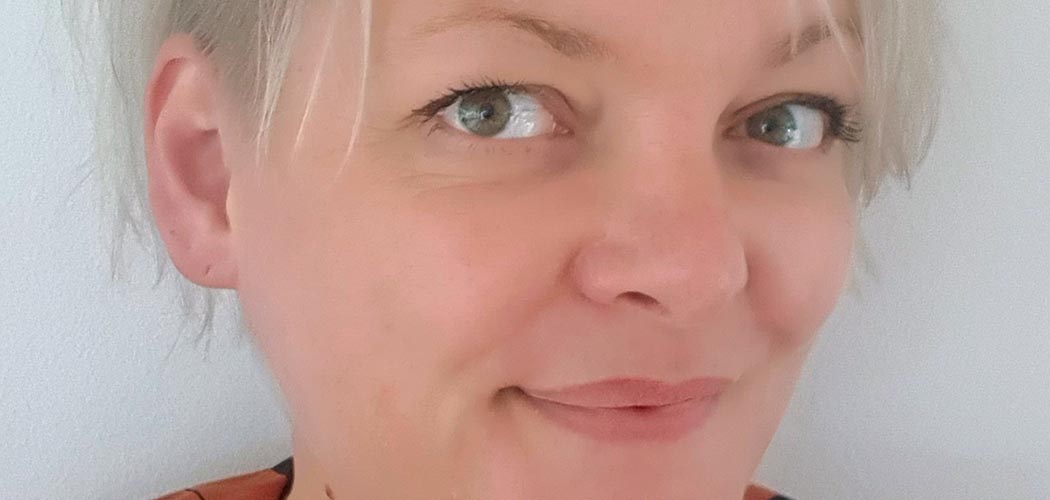The Boyz Doc, Dr Laura Waters from Mortimer Market Centre, reports this month on the latest good news on HIV diagnoses.

We are already doing very well in reaching global targets for HIV. In 2016, London became the third city globally to exceed the 90:90:90 targets set by The Joint United Nations Programme on HIV/AIDS (UNAIDS) and was joined by the whole UK 2 years ago.
The targets aim for 90% of people with HIV to be diagnosed, 90% of those to be on treatment and 90% on treatment to have an undetectable viral load. London went a step further by becoming the first global city to exceed new 95:95:95 targets in 2018. In England the government has committed to ending all new HIV transmissions by 2030.
Last month we saw the release of two key reports on HIV from Public Health England (PHE). These reports were originally due out at the end of 2019 but were delayed by the General Election, but at least that meant we start a new decade with some incredible news regarding on-going falls in new diagnoses of HIV.
The main report, “HIV in the United Kingdom: Towards Zero HIV transmissions by 2030”, includes data up to the end of 2018 and I’ve summarised the key points here:
♦ New diagnoses in the UK peaked in 2014 and have dropped steadily since, from 6,278 in 2014 to 4,453 in 2018 (a 30% fall).
♦ The biggest drop (35% from 2014 to 2018) was in gay and bisexual men.
♦ The main figures are for new diagnoses of HIV. However, someone diagnosed in 2018 didn’t necessarily acquire HIV the same year; they may have been living with it for several years. PHE use extra tests and calculations to estimate if new HIV diagnoses are recent or not and these show that, in 2018, about 1 in 4 diagnoses in gay and bisexual men and 1 in 10 diagnoses in heterosexuals were recent (HIV acquired within 4 months before testing). Recent HIV infections have dropped by almost 75% in gay and bisexual over the last 5 years!
♦ The number of people estimated to be living with undiagnosed HIV has also continued to fall: 7,500 in the UK in 2018, 6,700 in England. This accounts for about 1 in 12 of all people with HIV and the proportions undiagnosed are similar for gay and bisexual men and heterosexuals.
The continued fall is thought to be thanks to combination prevention including: HIV-positive people being undetectable on treatment (therefore unable to pass the virus on to sexual partners), more frequent HIV testing, PrEP and other interventions such as condoms and behaviour change.
Behind this good news though, there are important challenges and areas that need more work:
♦ Undiagnosed HIV has dropped more in gay and bisexual men than heterosexuals.
♦ There is more undiagnosed HIV outside of London.
♦ 1 in 10 in London and almost 1 in 5 outside who are eligible for an HIV test leave specialist sexual health services without one. If we aren’t testing the people who should be testing with sexual health services we don’t have much hope of testing everyone who needs testing in places like General Practice and Emergency Departments.
♦ The big drop in gay and bisexual men is mainly in white men, and much less in non-white gay and bisexual men or those born outside the UK.
Late diagnosis remains stubbornly high – just over 40% of people are diagnosed late overall but this is higher in some groups including people over 50 (6 in 10 diagnosed late) and black African men (2 in 3 diagnosed late).
There are two important issues with late diagnosis, firstly someone diagnosed late will have been living with HIV for an average of 3-5 years, so could have passed the virus on; secondly if you are diagnosed late you are 10 times more likely to die in the first year after diagnosis. And this is completely preventable through testing!
The big challenge now, to ‘get to zero’ (as declared by Health Secretary Matt Hancock), is to diagnose the undiagnosed and diagnose them sooner. We already have comprehensive guidelines for HIV testing and, unfortunately, these are not implemented routinely across the board.
In London emergency department and acute admissions units should be testing pretty much everyone but more often than not, they aren’t. Barriers include staff time, training, concerns about counselling and acceptability to patients (all of which can be overcome and the last one, in particular, should not be a barrier as studies show that when people are offered an HIV test, regardless of the setting, they usually accept it). But the biggest barrier is, surprise, surprise, MONEY!
The funding for HIV testing is complex and the people who should pay for it, such as GPs and local authorities, have not been given any extra dosh, so it’s perhaps not surprising that testing programmes have been hard to set up and, where they have managed to get them going, hard to continue.
If the government is serious about getting to zero then they need to get serious about making HIV testing routine. As fewer and fewer people are undiagnosed, it will get harder and harder to find cost-effective ways to test, but if we want to get to zero we need to add some zeroes to the funding we all get!
The Boyz Doc is Dr Laura Waters, an HIV and sexual health consultant at the Mortimer Market Centre in central London. Dr Laura answers your questions every month in Boyz. If you have a question for Dr Laura please email her at [email protected].














